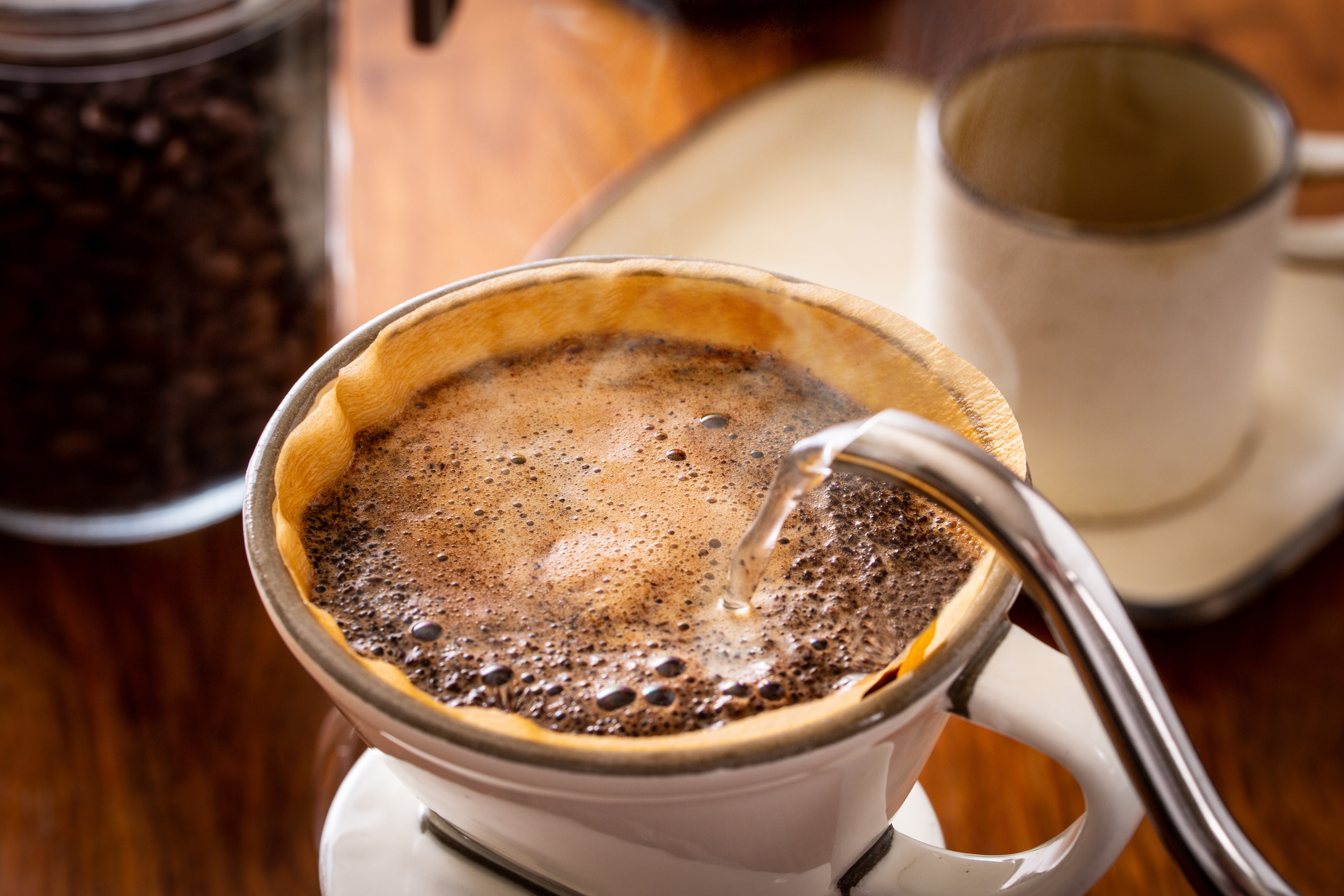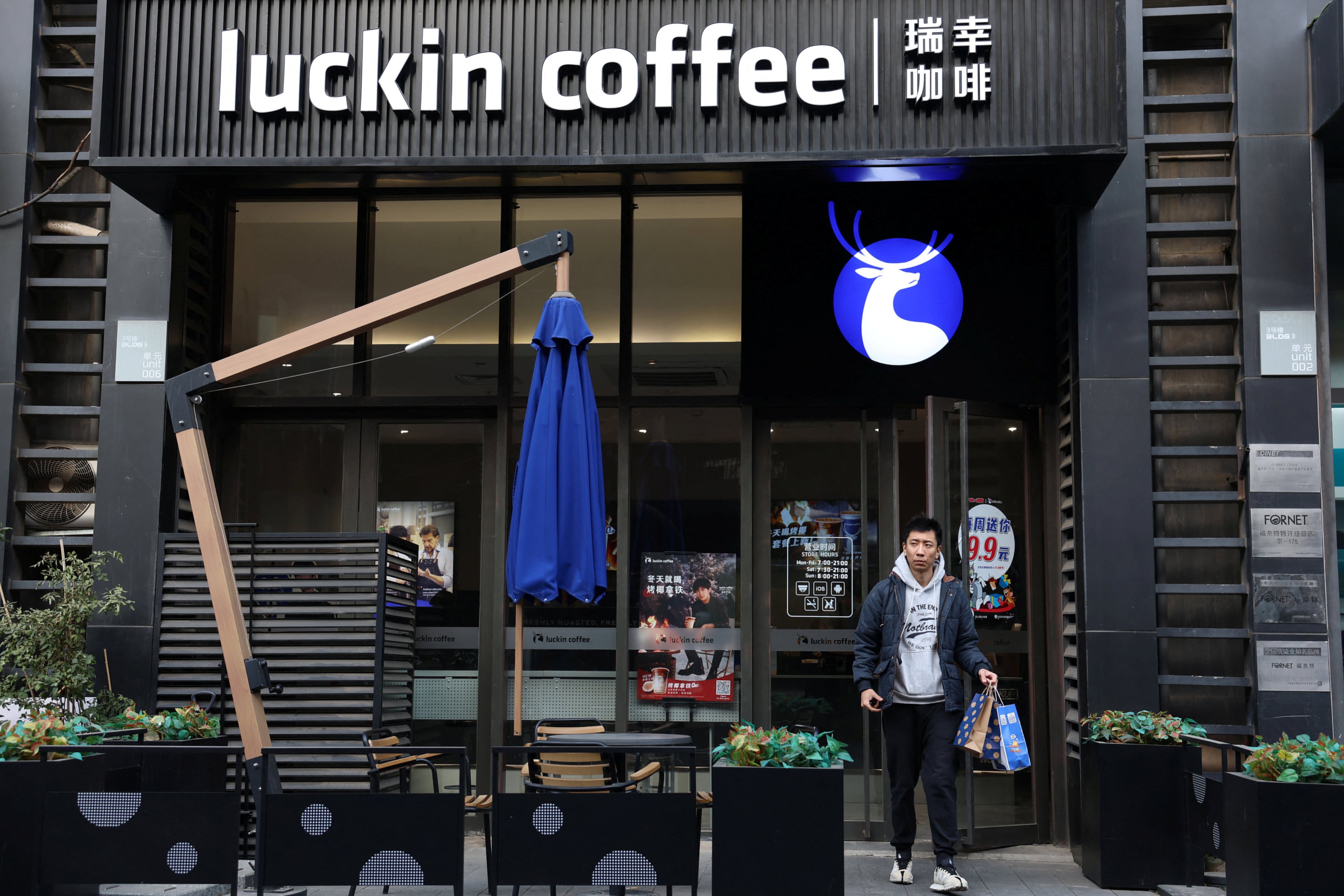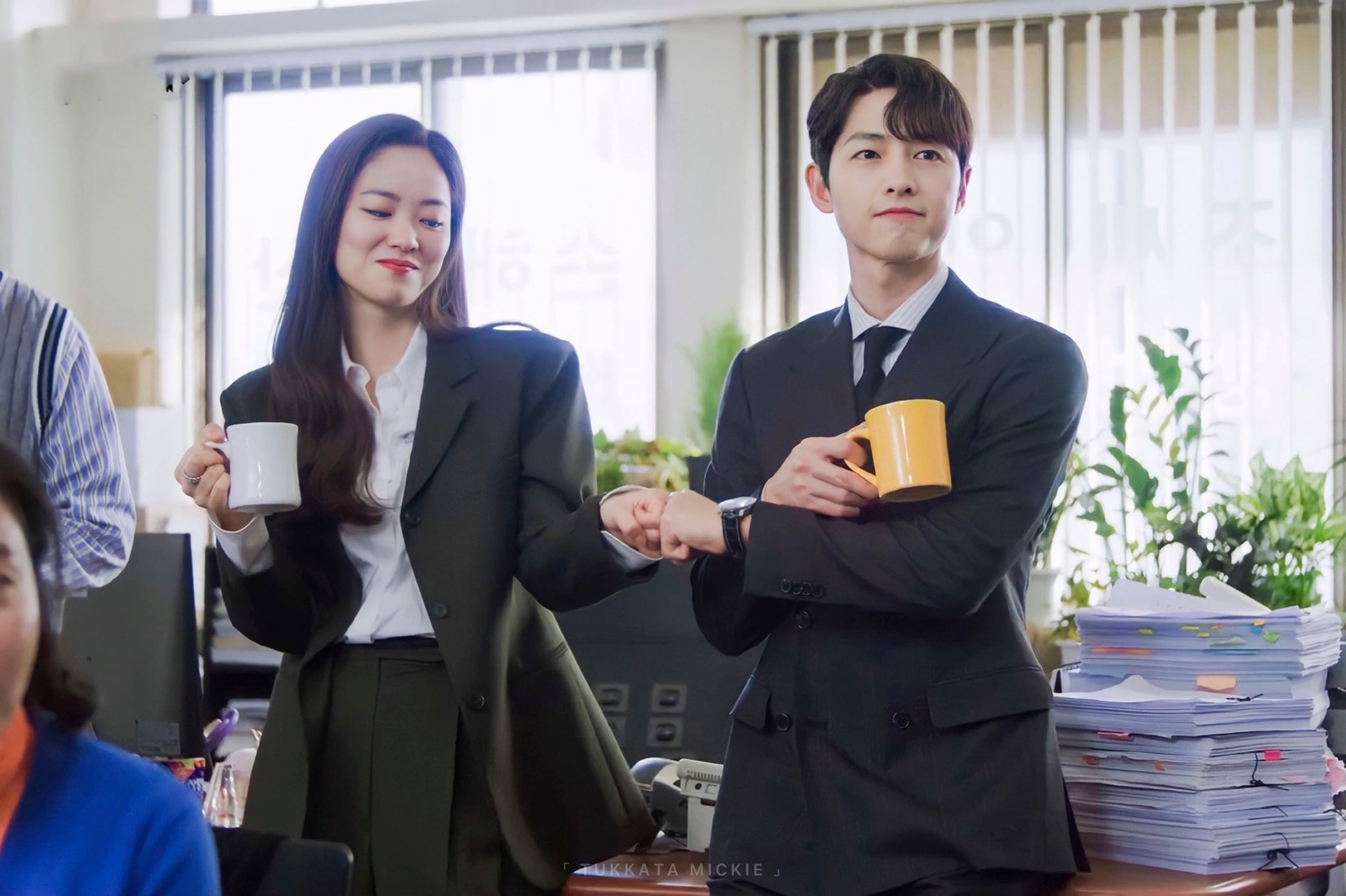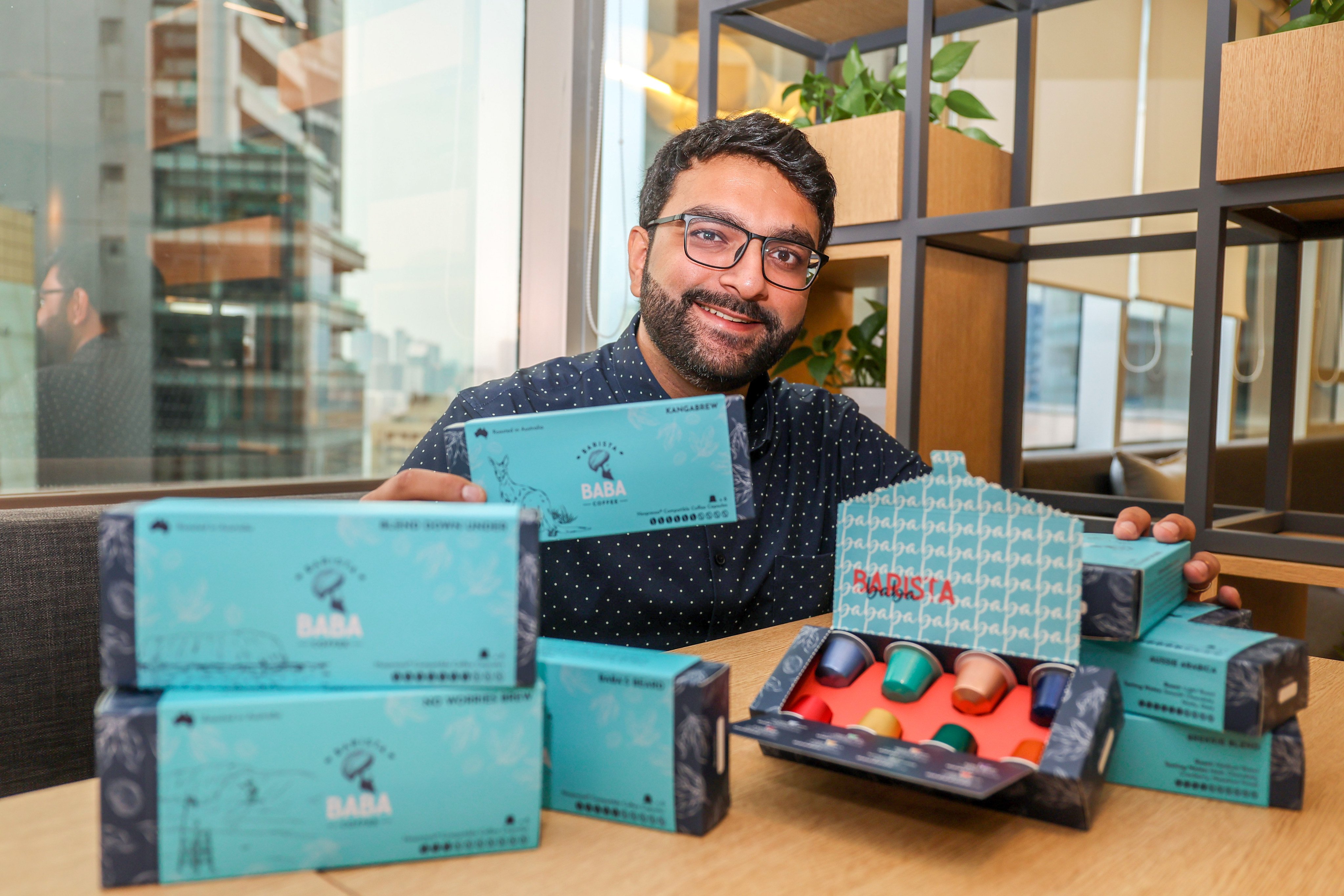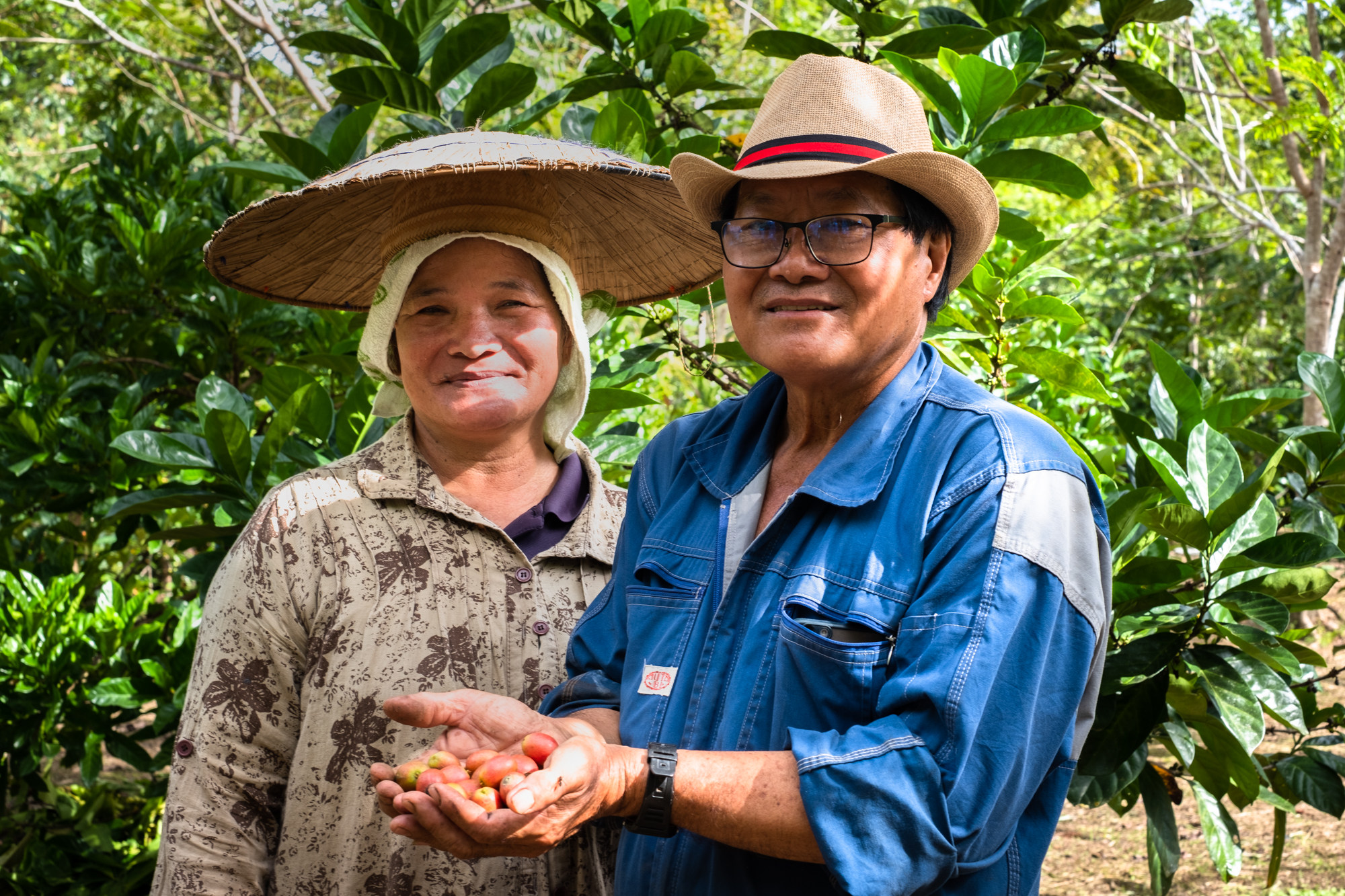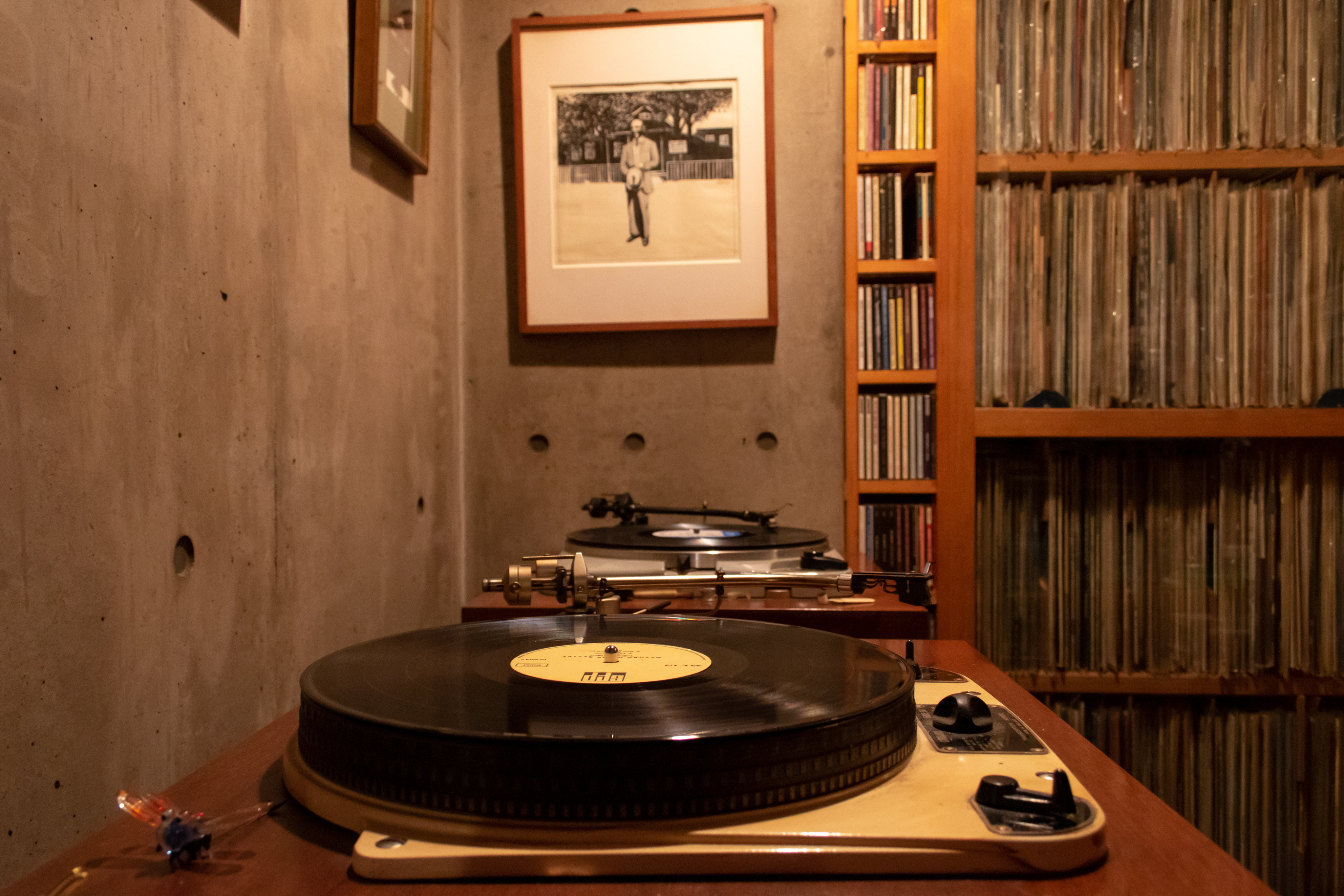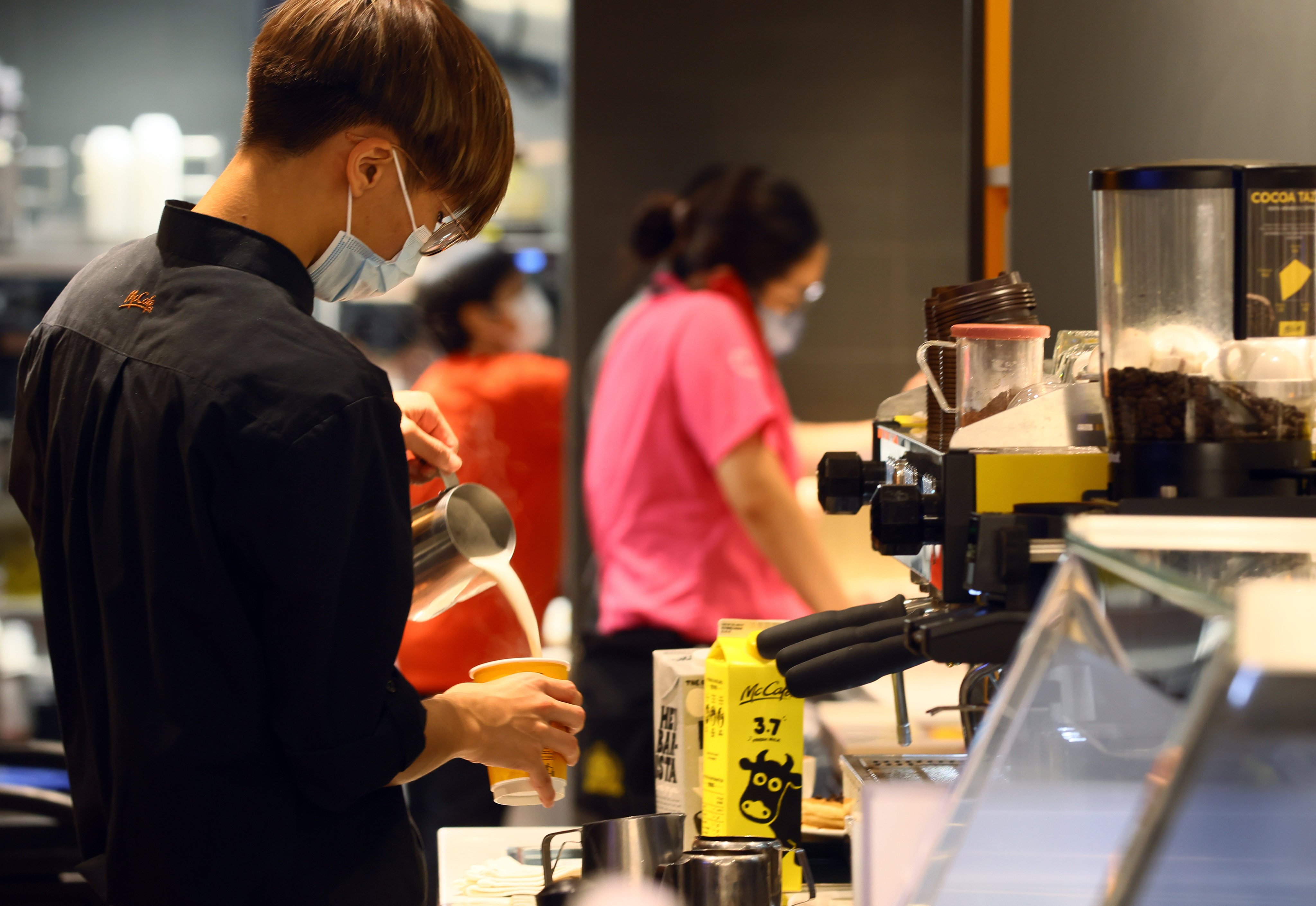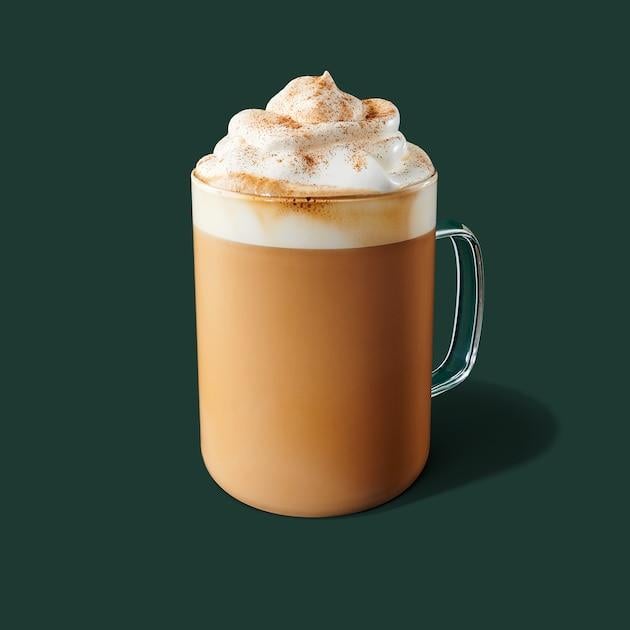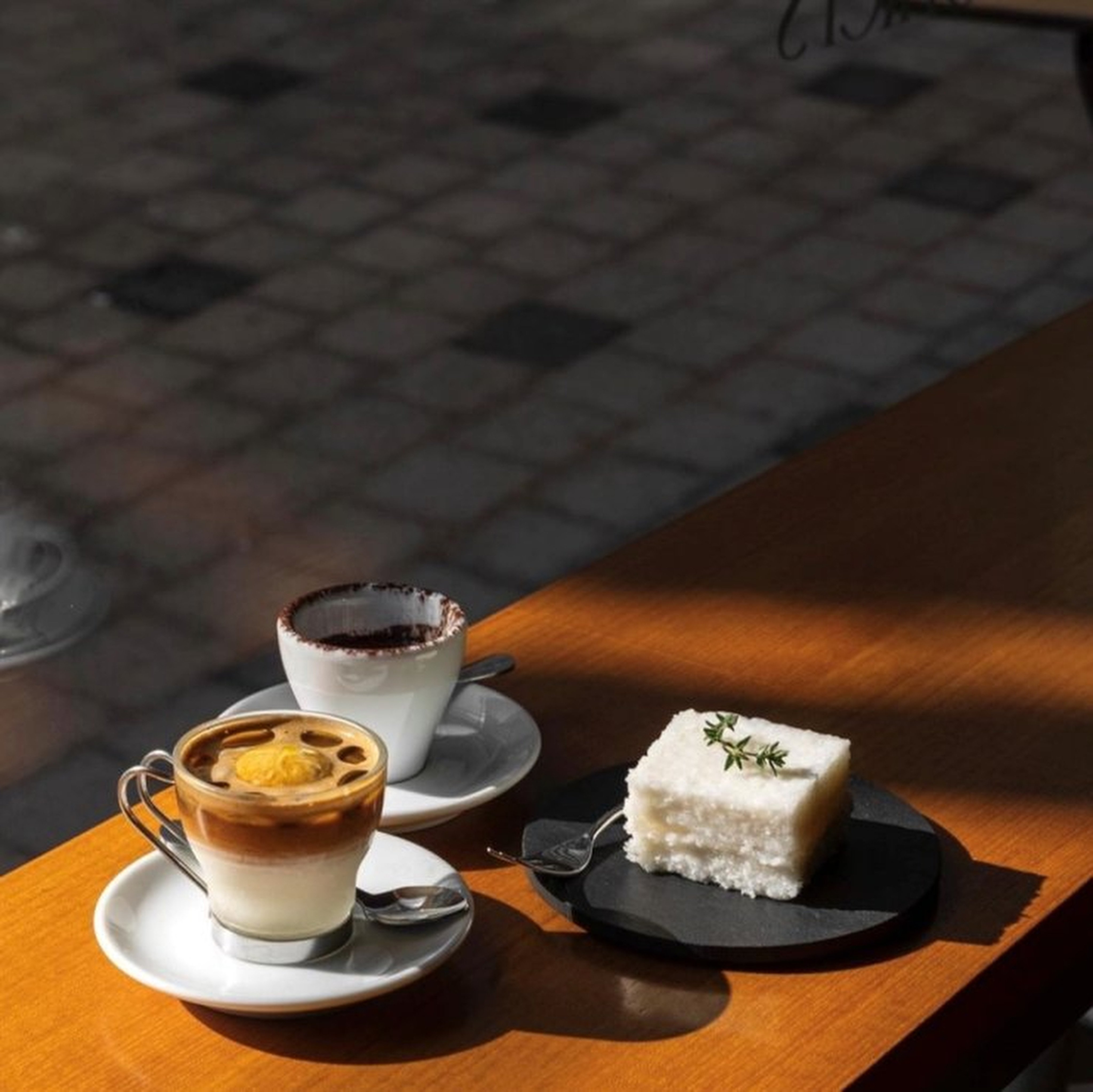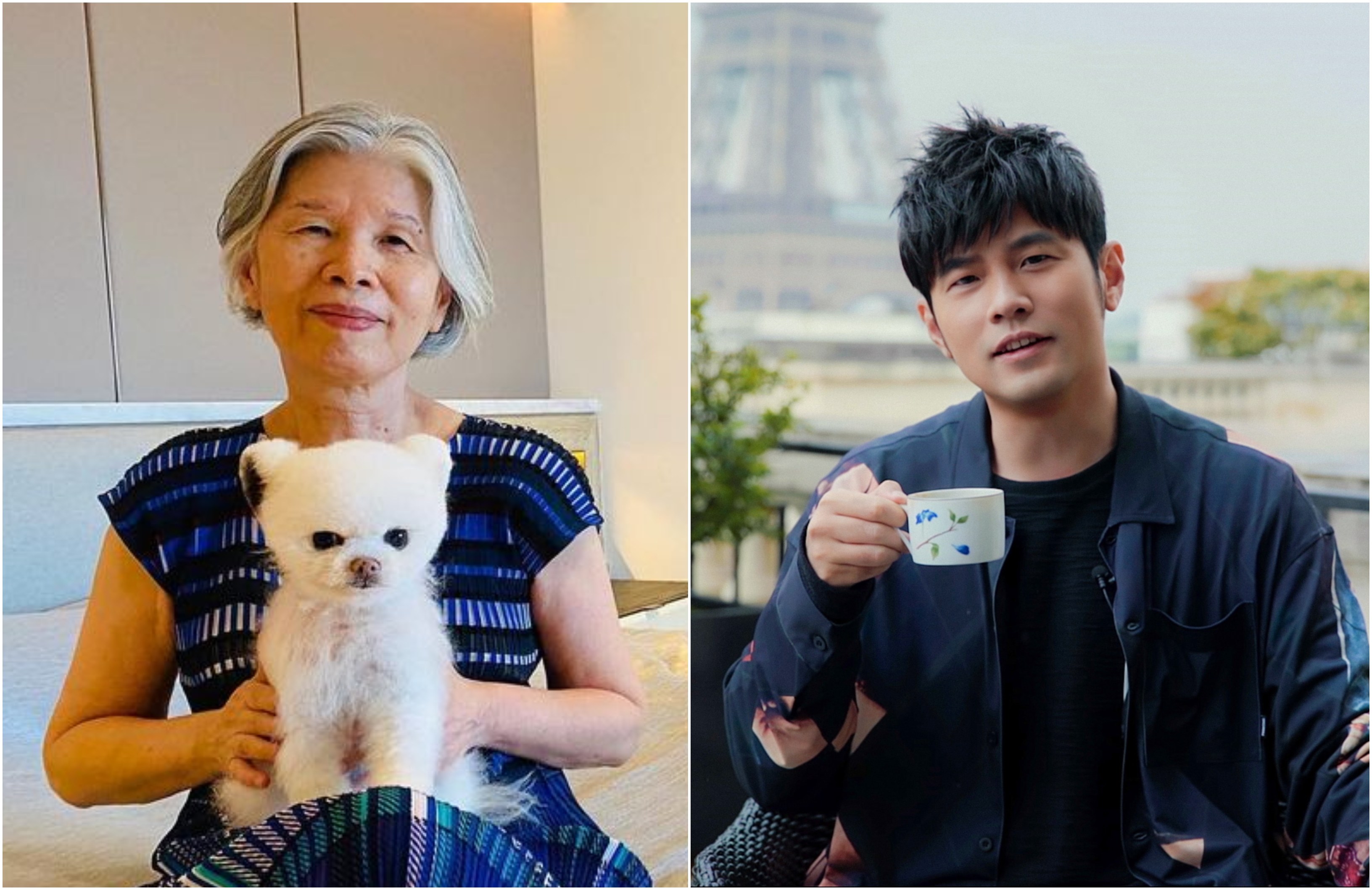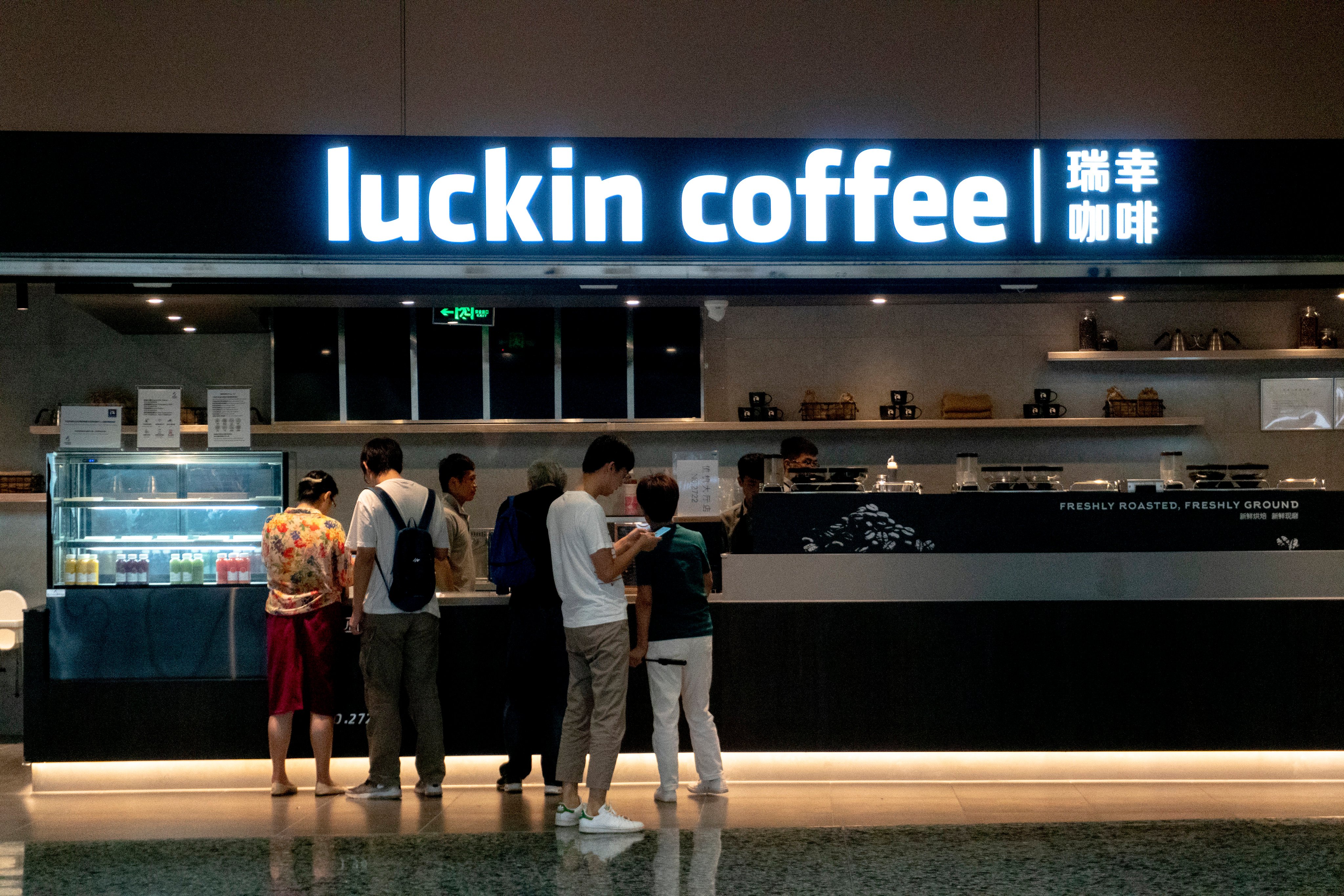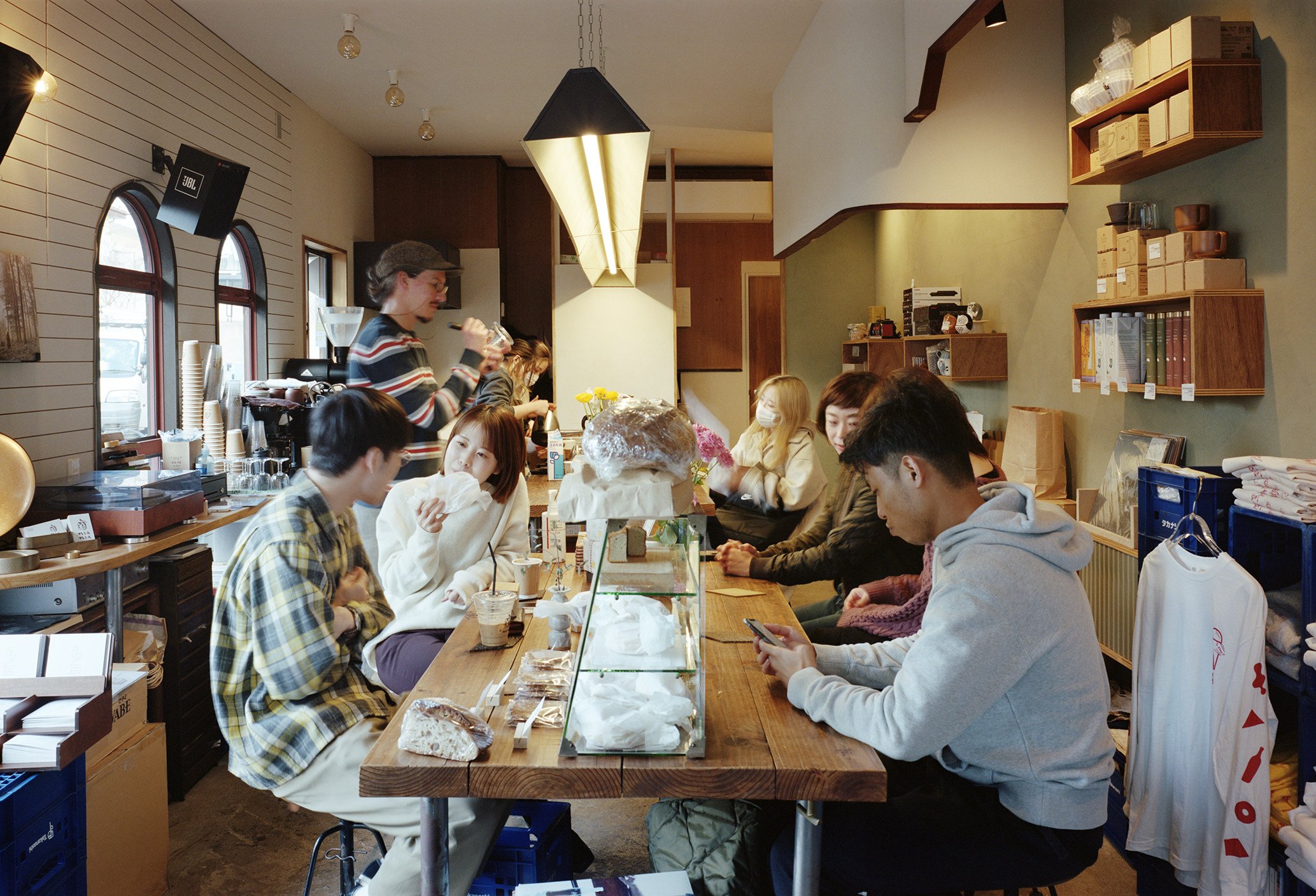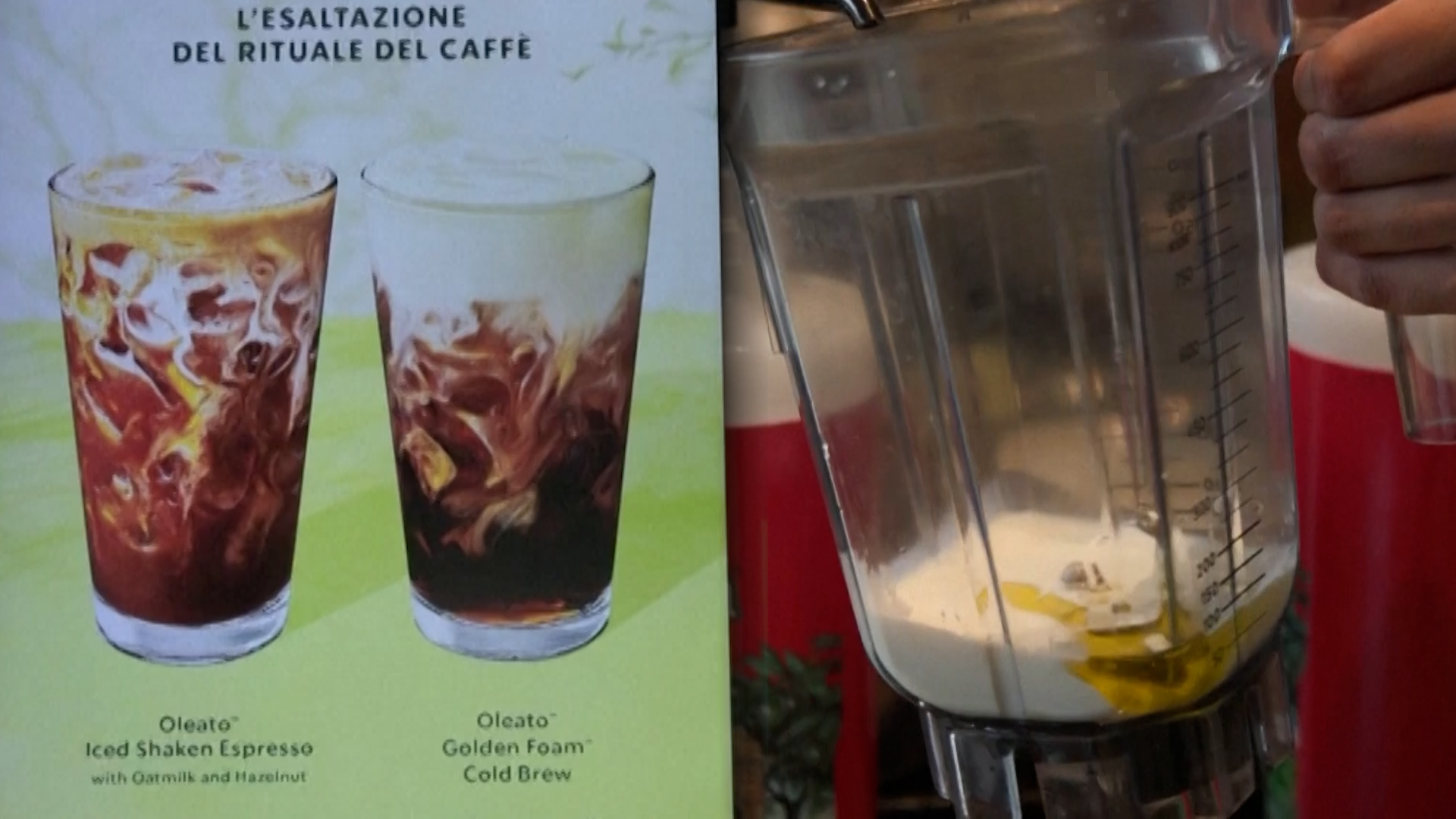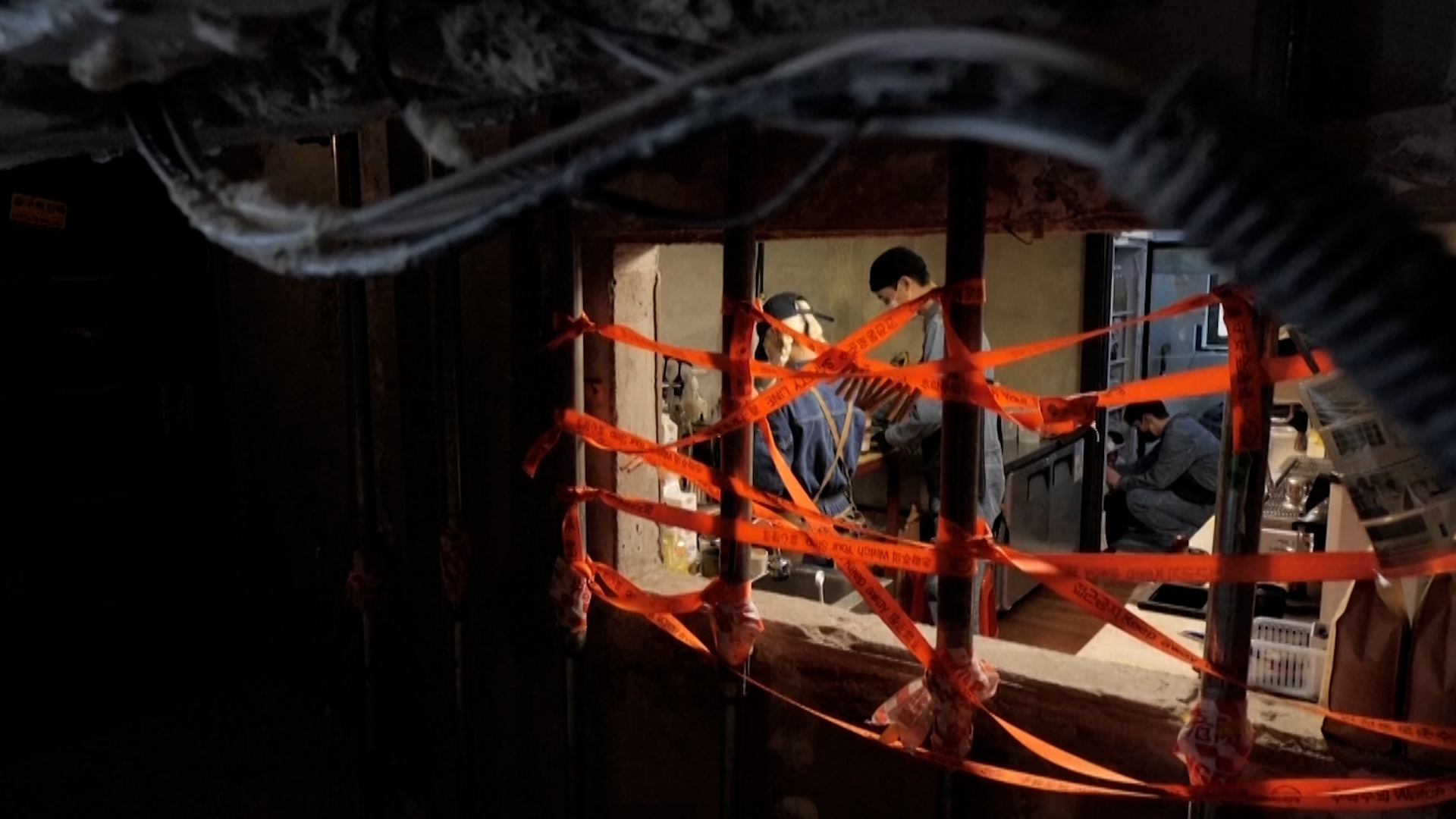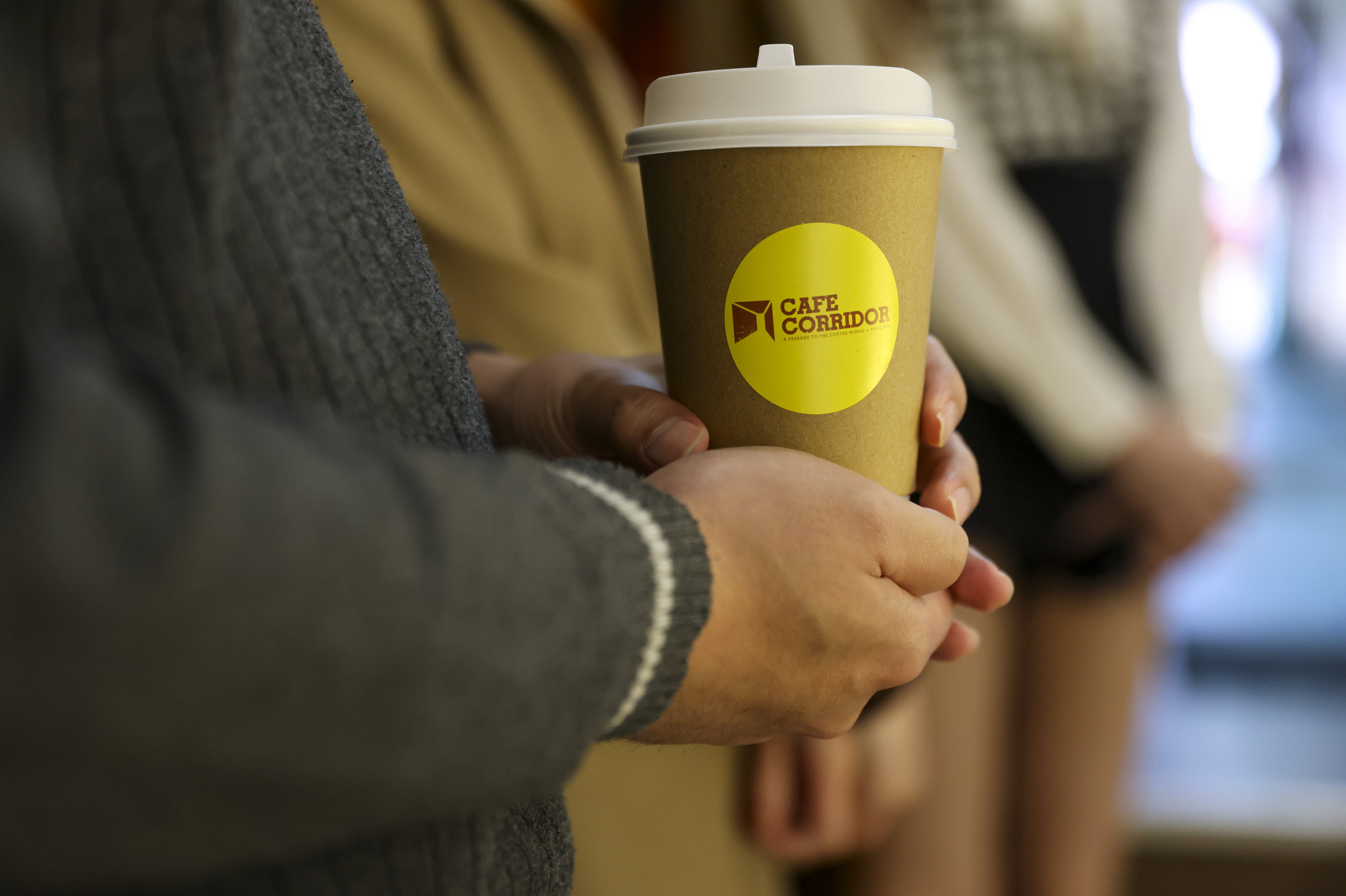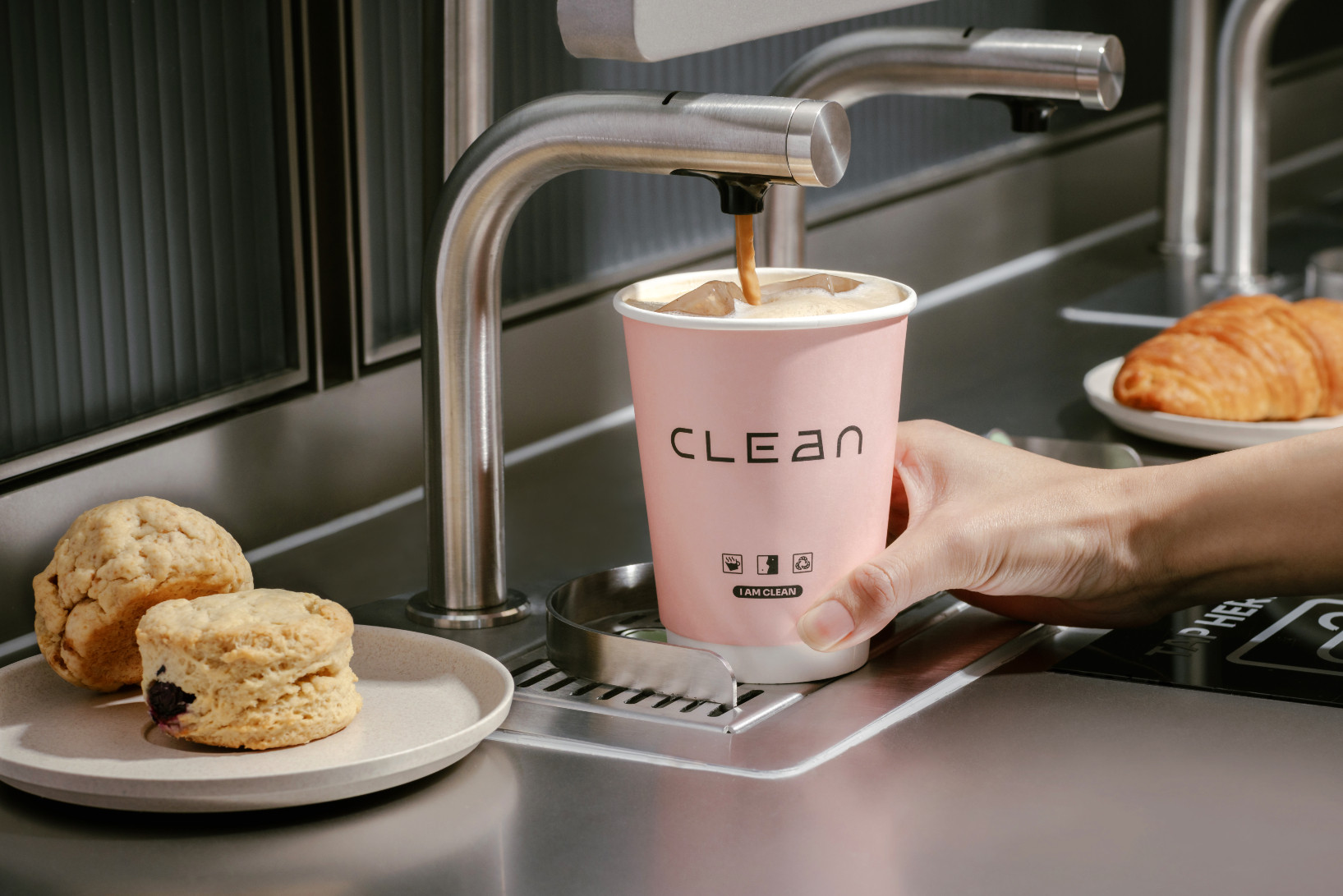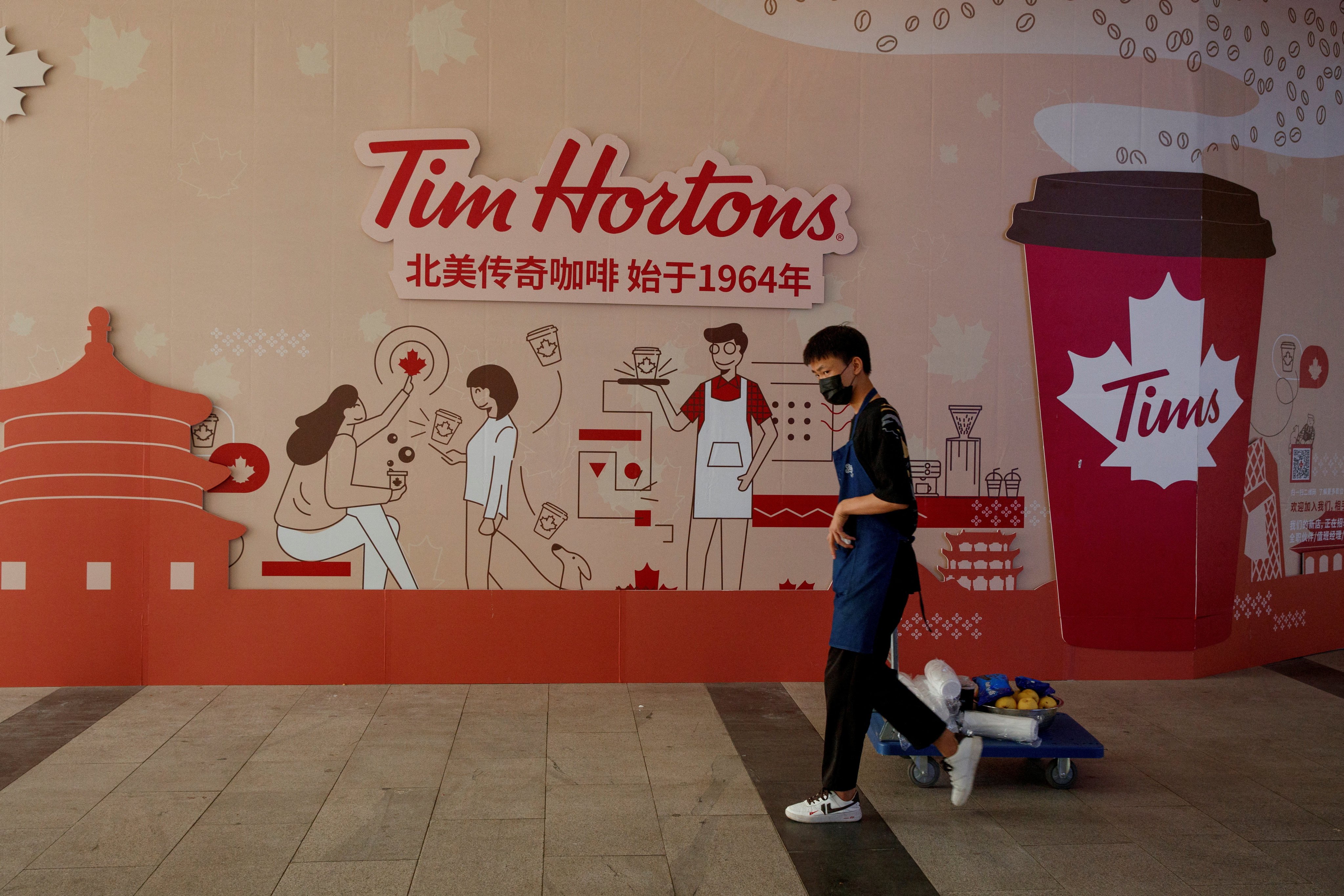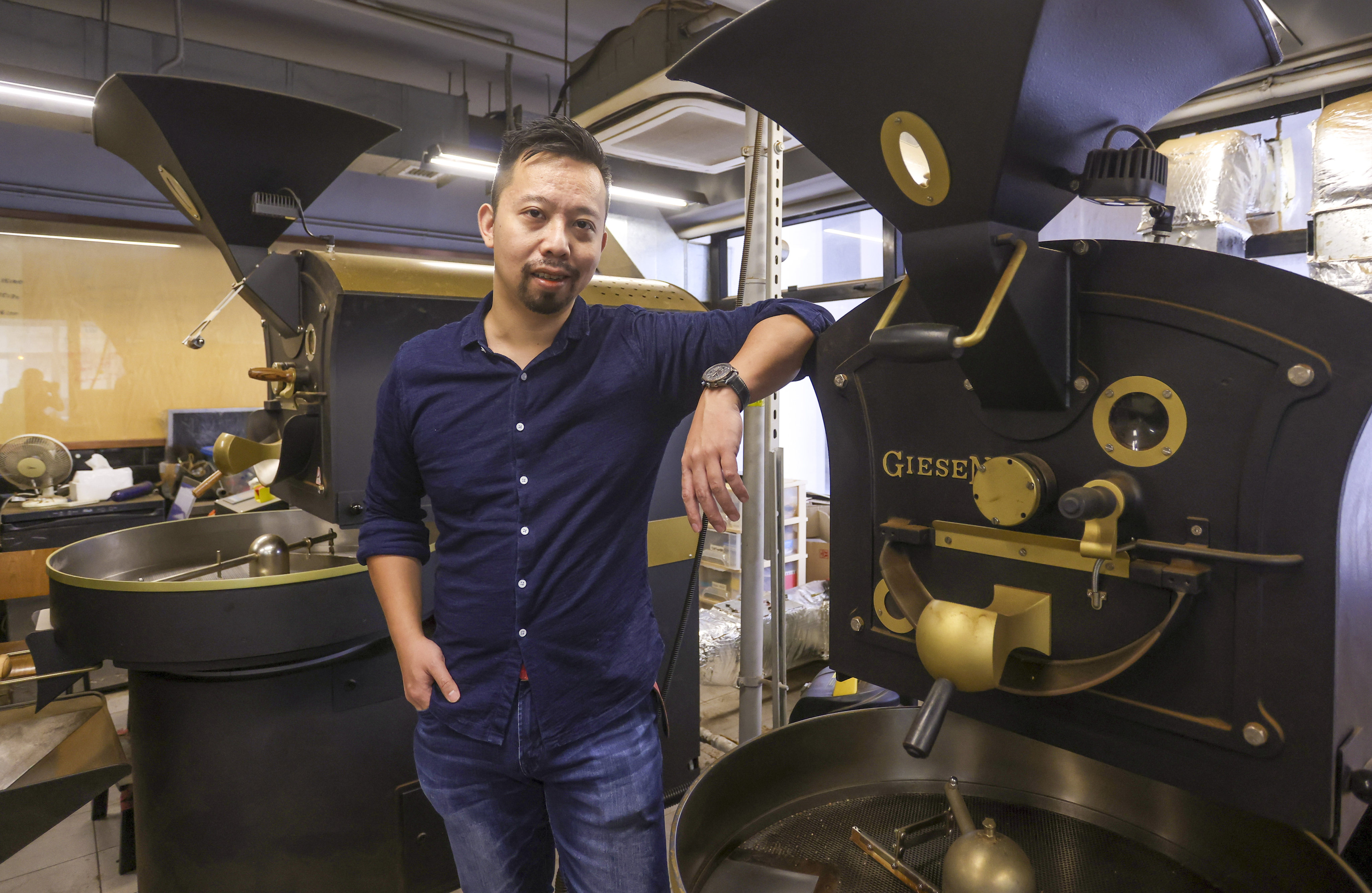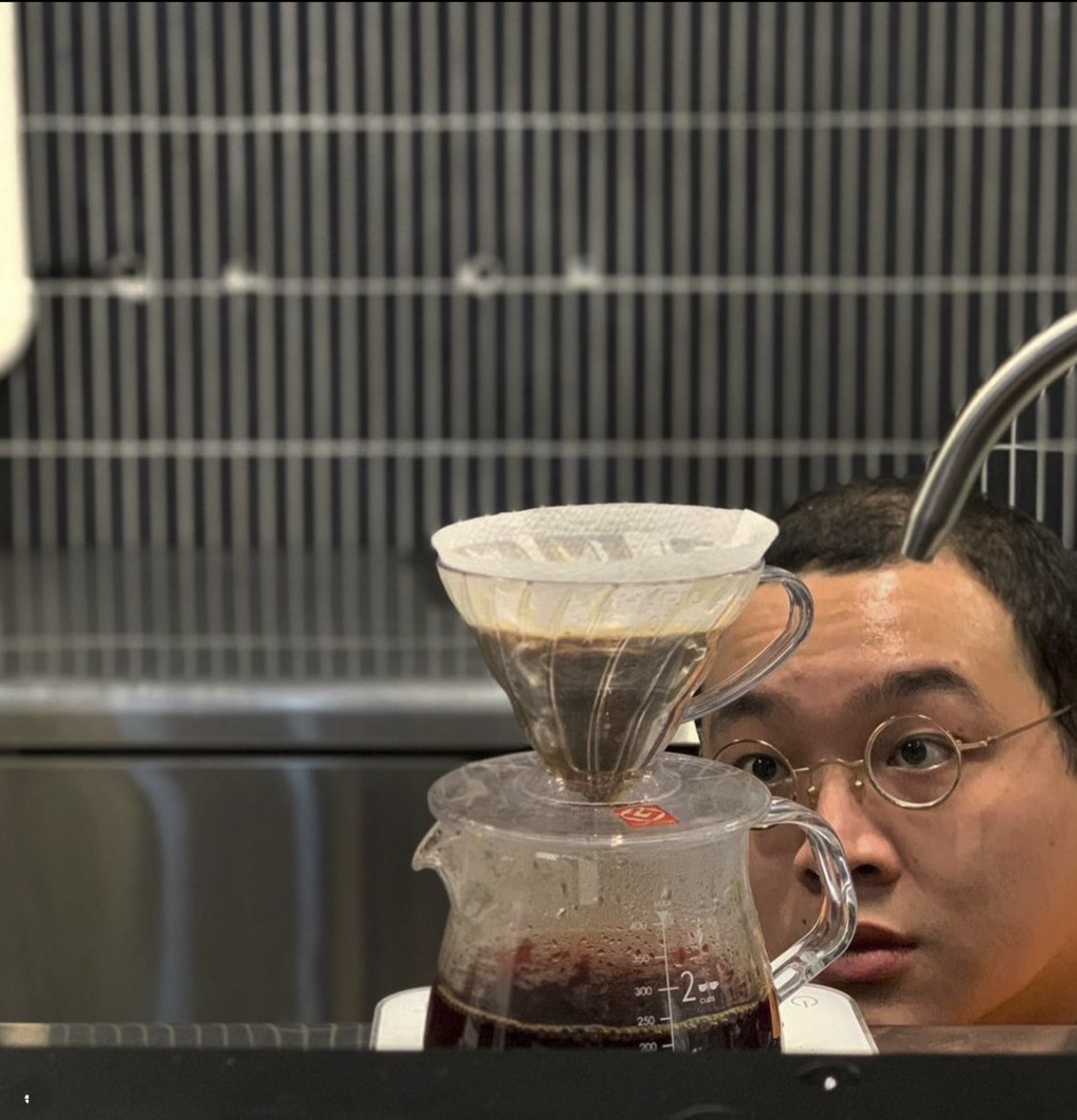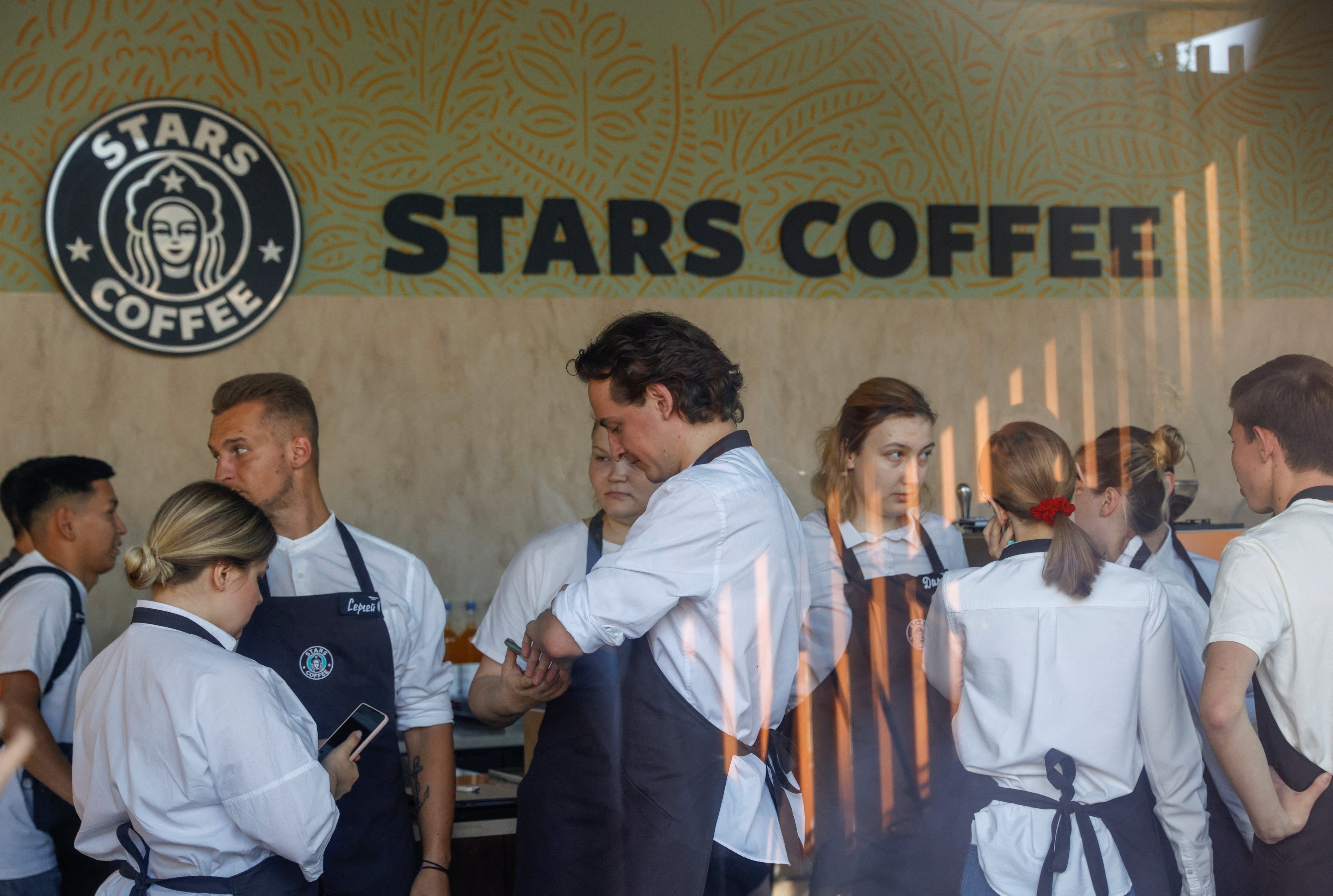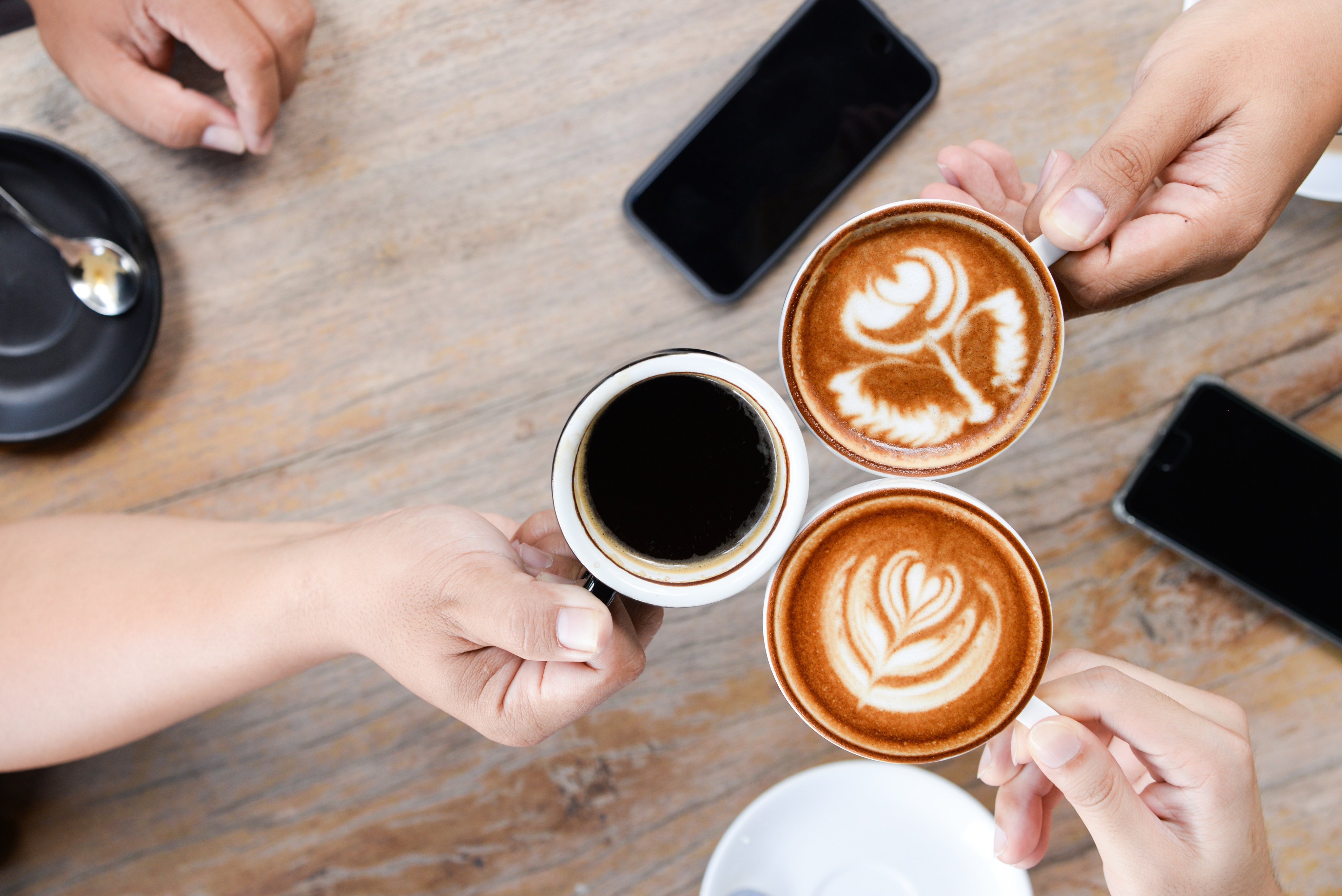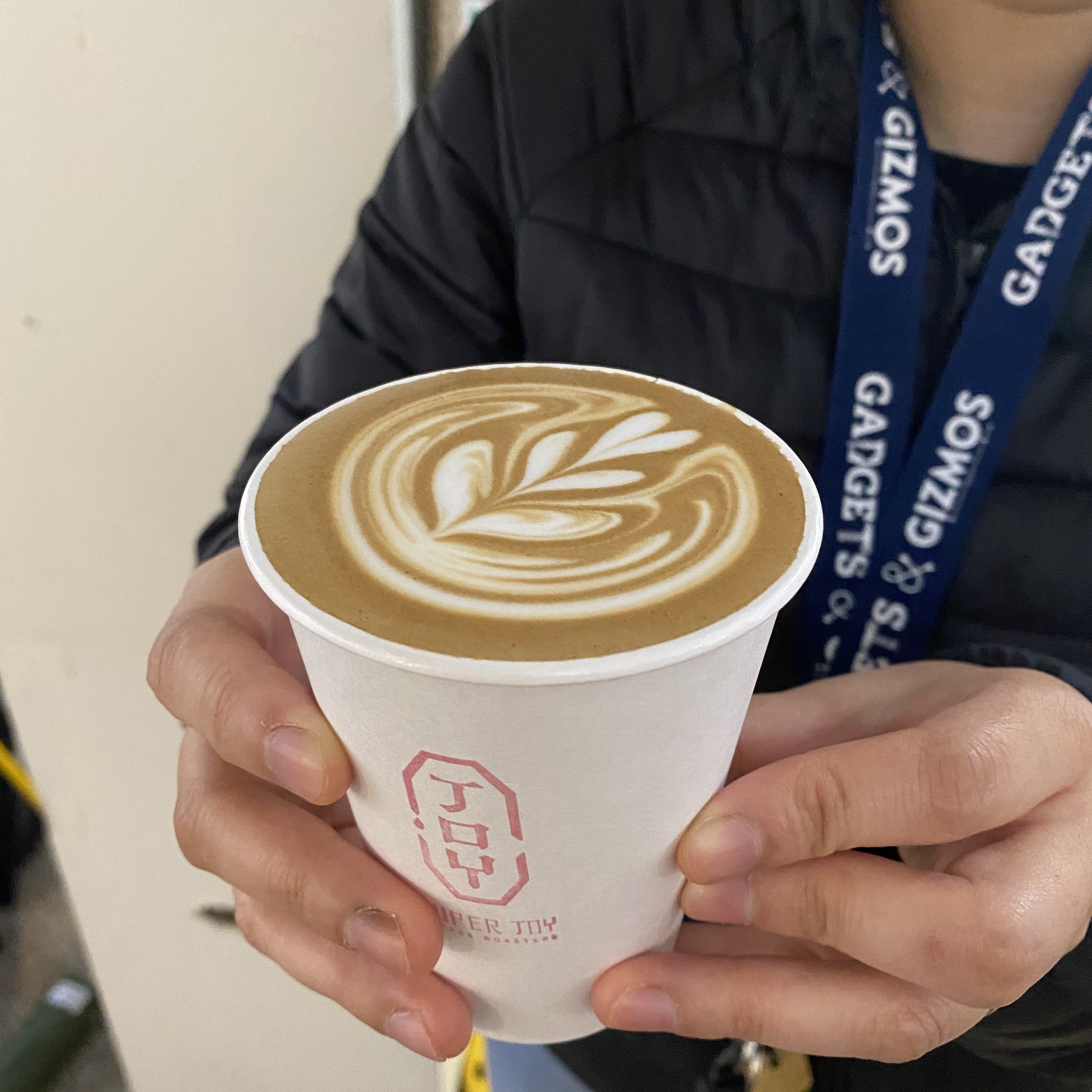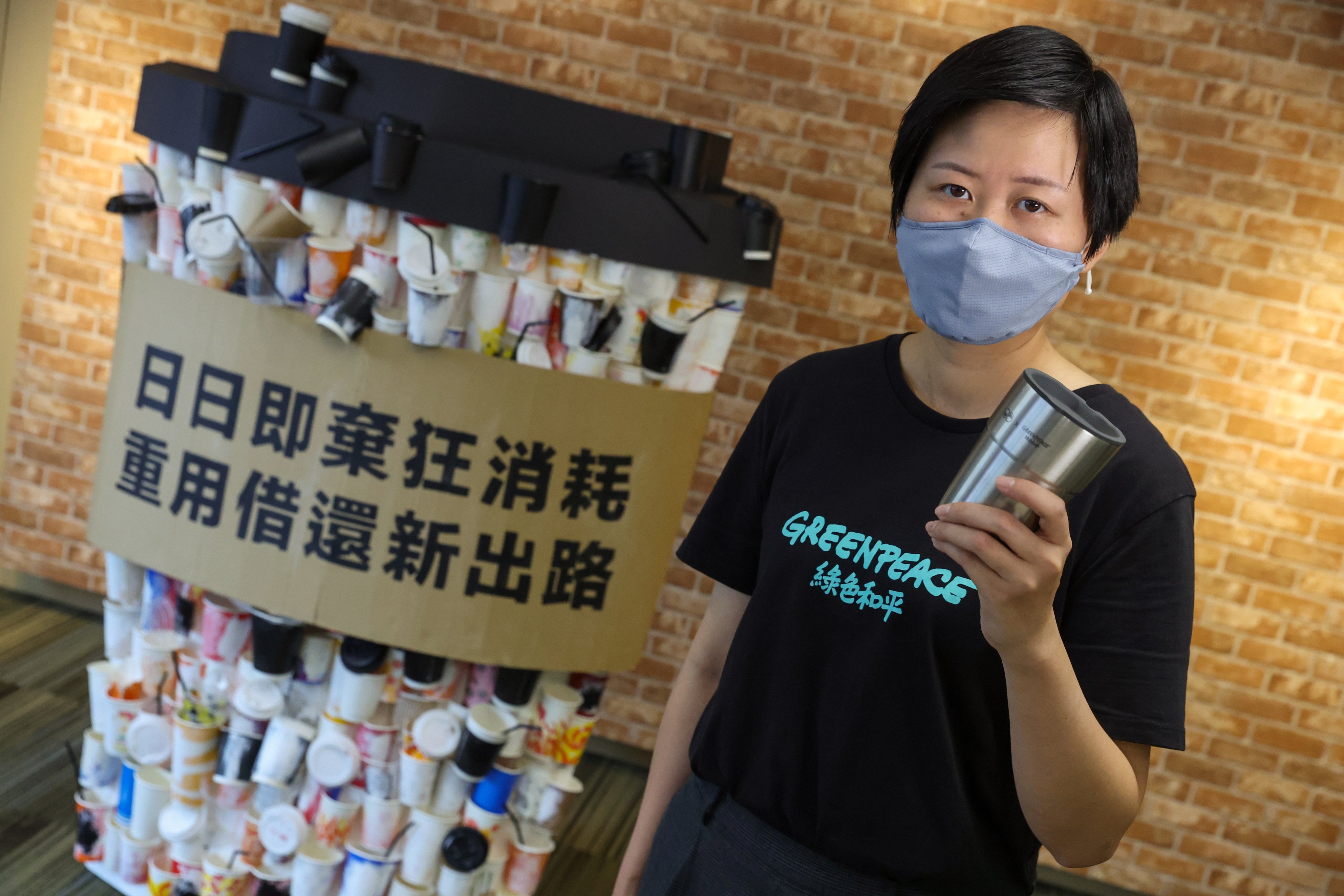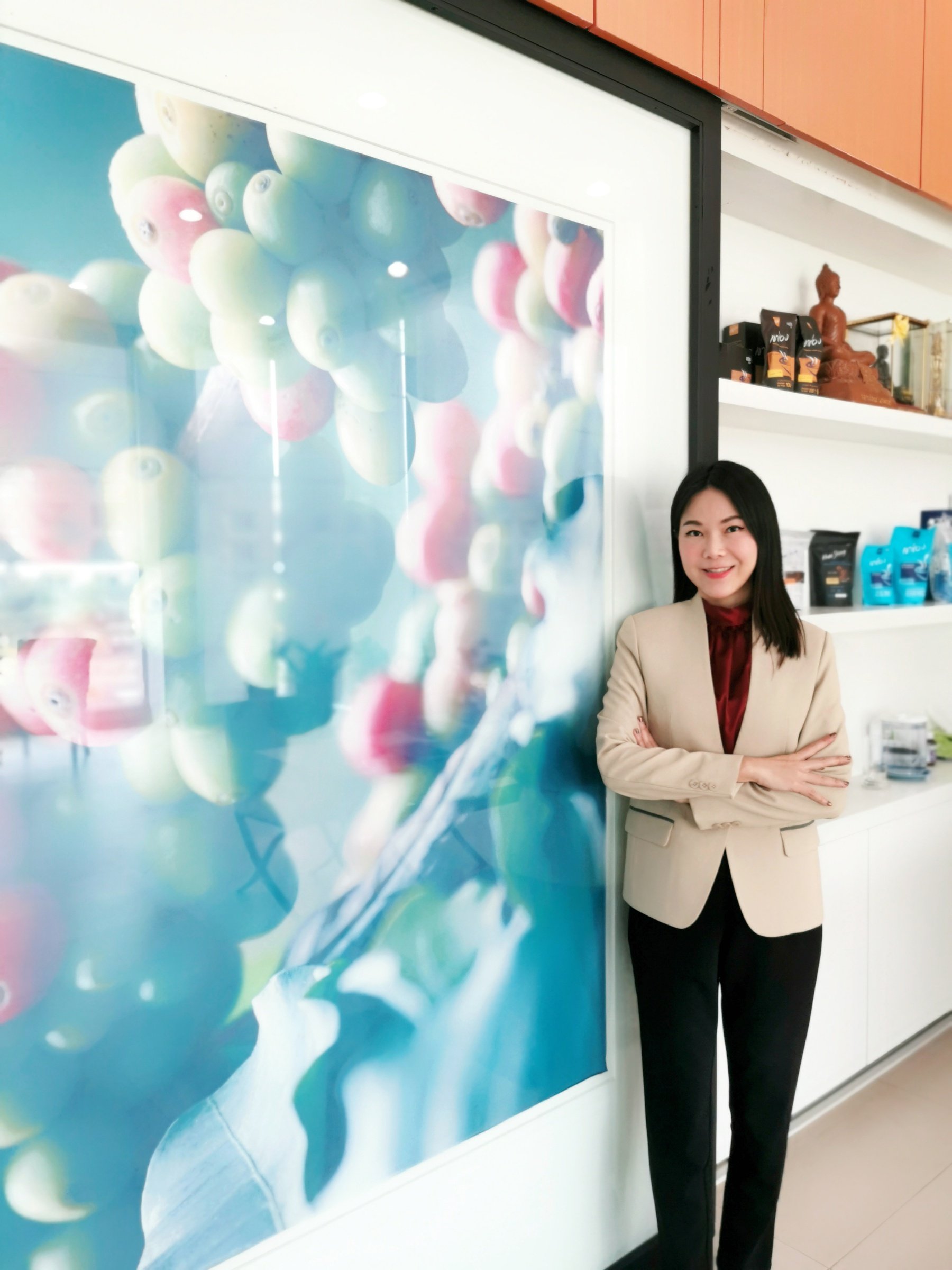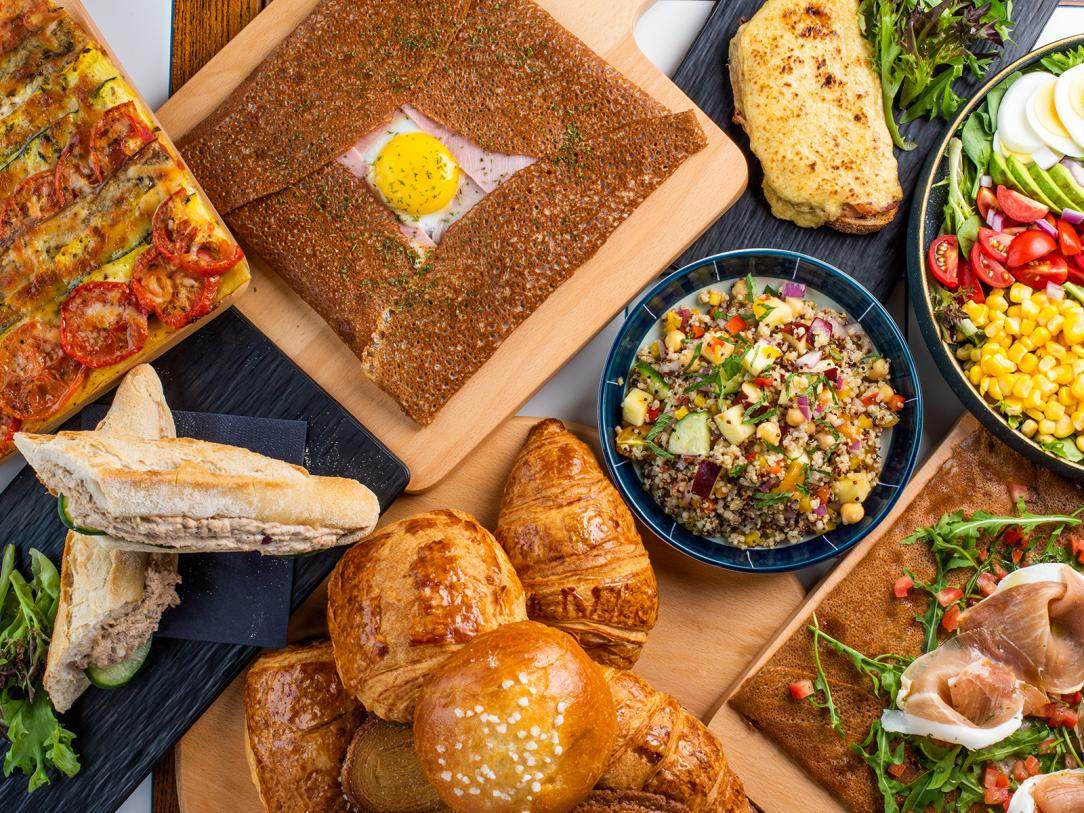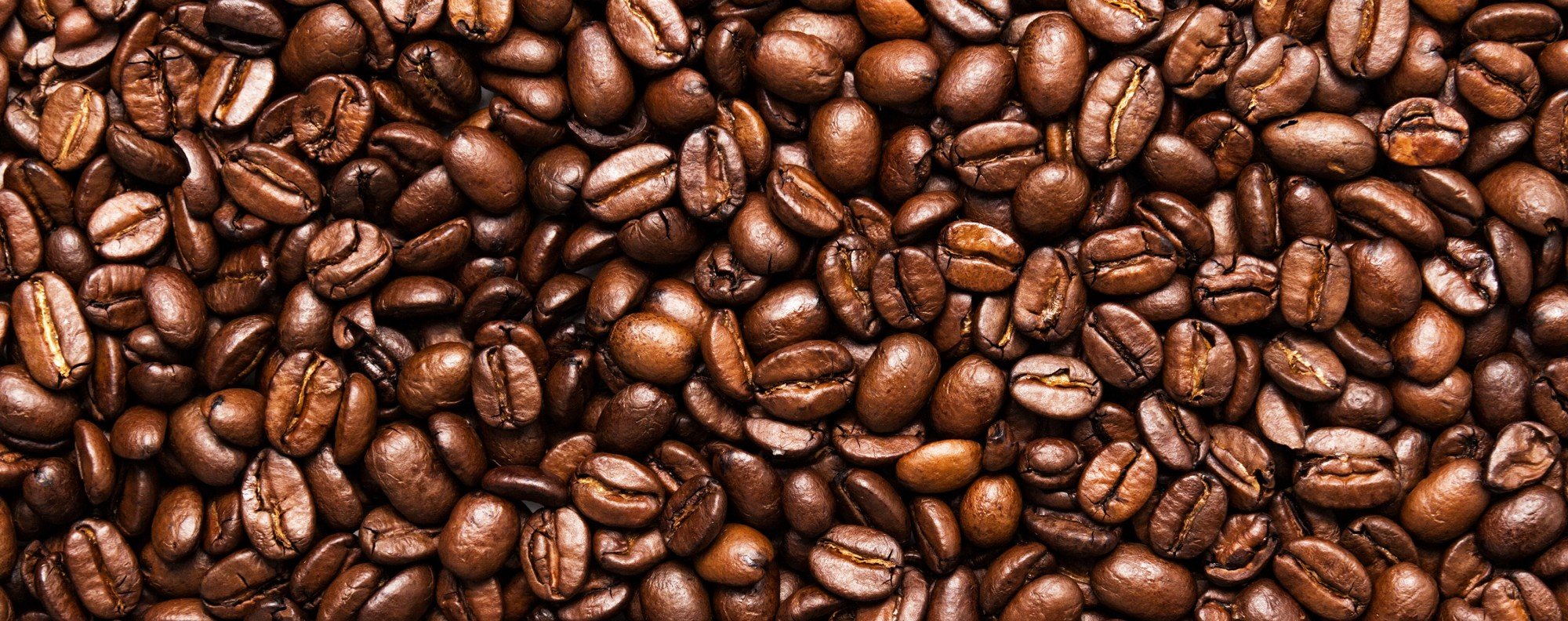
Topic

From bean to cup, we look at all aspects of the global coffee industry, taking in crops, stocks, cafes and more.
Scandal involving Nasdaq-listed mainland company comes at a time of heightened distrust and deteriorating relations between the two countries
- Decaffeinated coffee is growing in quality and popularity as new techniques to remove caffeine from beans preserve flavour and add their own complexities
- More people are also looking for their ‘drugs without their drugs’, as the market is predicted to grow from US$19.5 billion in 2022 to US$28.9 billion by 2030
China’s rapidly growing coffee consumption is spurring cutthroat competition between local and foreign chains, which are opening shops at breakneck speed, overtaking the number of outlets in the US.
Korean exports of coffee mix and instant coffee sticks rose as the world’s K-drama fans saw them in series such as Moving, Vincenzo and My Mister. Entrepreneurs are remaking the humble product.
Hong Kong-born entrepreneur Krshna Moriani chose not to take over his father’s watch business; instead he started Barista Baba Coffee, bringing Australian-style coffee beans and pods to Hong Kong.
Tourists are drawn to the homestays of northeast Sarawak, Malaysia, for jungle adventures and to sample indigenous culture. Farmers who have planted coffee bushes hope the project will be another visitor draw.
Tokyo Jazz Joints documents these vibrant vinyl listening spaces – gaining traction across the globe – in a photo project, podcast and new coffee table book
Fast food giant to offer some products from McCafé at all locations as replacement.
Starbucks released its Pumpkin Spice Latte in autumn 2003, playing on nostalgia and the powerful link between smell and memory. It was a huge success, and the seasonal drink is still a bestseller.
South Korean coffee drinkers are moving away from Americanos as espressos become trendy. There’s been a rash of espresso bars opening that offer the small, strong coffee shots and variations on them.
The ‘King of Asian Pop’ named his Yeh Hui-Mei album and credits her for childhood piano lessons – now she’s making bank thanks to his bestselling Modong coffee brand
Luckin Coffee opened 1,137 stores in the first quarter, beating Starbucks, which opened 153 and trails the domestic chain by more than 3,700 locations.
Kissaten, or old-world speciality cafes in Japan, are experiencing something of a renaissance in Tokyo. Here are some of the best in which to explore this side of the city’s coffee culture.
In operation since 2001, Cafe Corridor in Causeway Bay will close on January 31, leaving a legacy as one of the earliest - and most welcoming - speciality coffee bars in Hong Kong.
Clean, a vegan-friendly cafe and laundromat, opened in 2021, and a second, self-service outlet recently opened in Tsim Sha Tsui, the only place in Hong Kong where you can buy hot drinks with oat milk on tap.
The first products will be available on Freshippo’s app and more than 300 bricks-and-mortar stores across 27 Chinese cities starting December.
Local coffee chains have been looking to source beans from producers using sustainable farming practices to reduce the environmental impact of one of the world’s favourite beverages and to mitigate the effects of climate change.
There are plenty of coffee shops in Hong Kong to choose from, but which ones are truly serious about their roasted beans? We sample seven in Sham Shui Po that come highly recommended by coffee connoisseurs.
In late May, Starbucks said it would exit Russia after nearly 15 years. The Seattle-based company had 130 stores in Russia with nearly 2,000 employees in the country.
Coffee alternatives from companies such as Bulletproof, Mud\Wtr and Lifeboost offer potentially healthier twists on your morning brew.
Famous for its tea, Pu’er in Yunnan has become China’s coffee capital, not only supplying roasters such as Nestlé and Starbucks but producing high-quality speciality beans.
Some 37 per cent of those polled buy coffee in takeaway cups three times a week on average.
Melrose Coffee brings a touch of California cool to Soho with its rostis, pancakes and Honduran coffee, while Bianco & Rosso’s Luca Andrei and chef Ban Jee Min aim to take you on a European odyssey










